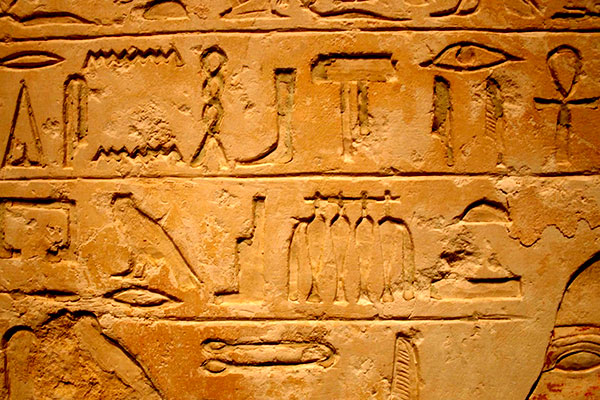Microbiographia | Issue 21
Hildegard of Bingen Medieval German Visionary
The tenth child of a minor noble, Hildegard was given over to the church at a tender age (could be eight, sources are dubious). She was then enclosed in a convent for something like 24 years. I’m gonna repeat for emphasis: twenty-four years. To put that in perspective – you are most likely younger than 24. This means that she spent more than your entire life just chillin’ in a convent. As far as I can work out, she spent the better part of this time chanting, learning to read, and subsequently reading. Disclaimer: I probably haven’t worked much out (soz to all the peeps who specialise in medieval history). After her enclosure ended, Hildegard proceeded with her monastic lifestyle, though she presumably got out and about a little more. She was elected “magistra” of her group of nuns (some kind of leadership role), and wrote various theological treatises and stuff. Cool.
So, that’s the overarching life story. Time for some interesting details. From the age of three, Hildegard claimed to experience divine visions. These persisted throughout her life, including such highlights as the “shade of the living light”, the “blossom of the celestial Zion” and God telling her to write down all her visions (handy for me). While some may doubt the verity of Hildegard’s divine inspiration, it did have a notable impact on feminist historians. At the time, as was the case for an embarrassingly large proportion of recorded history, men kind of ignored female scholarship. But Hildegard could claim that her ideas came directly from God. As a result, they were taken seriously by her male contemporaries. That meant she got to correspond with kings, queens, popes, bishops and many other notable types.
The content of that correspondence was widely varied, perhaps because the breadth of human knowledge hadn’t been organised into neat subject areas at that time. Hildegard’s diverse writings include works on herbal medicine, original musical compositions and her own invented language. Actually, a bunch of her work is written in that invented language, making translation something of an issue. These days, much is made of her musical ideas. She is credited with writing the first morality play (in song), plus influencing the origin of opera. Both of these claims are pretty suspect, but the point is, she wrote songs good. The end.
*Authors note: “Germany” didn’t really exist as a nation. Let’s not be nit-picky.






